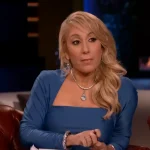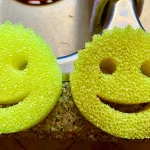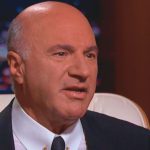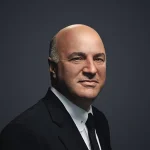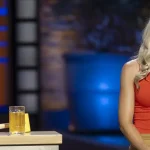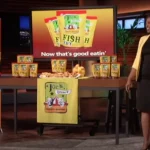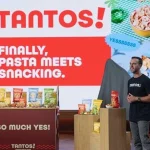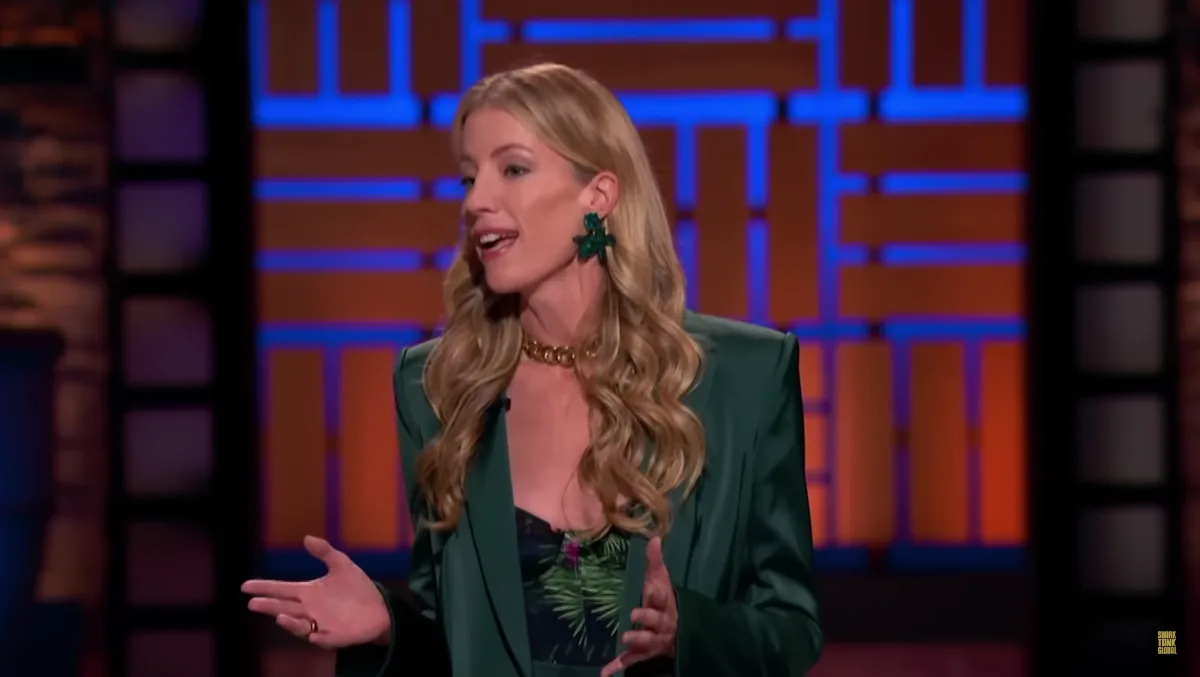
Season 16 of Shark Tank started rolling on the screens from October 18, 2024, and lasted until May 16, 2025 with a total of 21 episodes. Over those seven months, viewers saw plenty unfold. A lot of businesses came to power, some came crashing down, and most continued business as usual. Some Shark Tank Season 16 companies turned into million-dollar brands due to their worthy products.
It was also Mark Cuban’s final season as a Shark, which gave the show an emotional edge for longtime fans. More updates on the Sharks panel included Daniel Lubetzky being promoted as one of the main Sharks from a guest Shark position.
Best Businesses From Shark Tank Season 16
Much like its predecessors, Shark Tank season 16 had a lot in store for entrepreneurs, Sharks, audiences, and everyone. Here are some of the best businesses from the show that made millions.
Little Saints
Little Saints was the answer for every person who wanted to quit alcohol but did not want to part ways with the experience of alcohol in a social situation.
Quick Facts
- Founder: Megan Klein
- Product: Non-alcoholic cocktails and spirits fueled by functional mushrooms
- Investment Asked: $500,000 for 5% equity
- Deal Status: No Deal
Megan’s Little Saints came with a game-changing agenda of giving people a healthier way to enjoy cocktails (i.e, without alcohol).
The drinks are essentially sugar-free, low in calories, and fused with functional mushrooms like Reishi and Lion’s Mane. These medicinal mushrooms provide stress relief and focus without any intoxicating effects.
She came to the Tank looking for backing in order to expand direct-to-consumer sales and connect with more wellness-minded customers.
Surprisingly, Megan turned down offers from the Sharks when they undervalued her company. She has received offers from Rashaun Williams and Kevin O’Leary, but they did not agree with her valuation.
The company’s journey has been fast-moving ever since. After investing her own money and raising millions from others, Megan grew Little Saints from $500,000 in sales in 2022 to $4 million in 2024.
The brand has surpassed $14 million in annual sales and secured retail space at Sprouts Farmers Market in an expansion spree. The product is available in more than 800 stores today.
The sales have been around $14 million in the last 12 months, as of August 2025.
Petite Keep
Petite Keep meant to replace plain storage bins with elegant trunks designed to protect and display family keepsakes.
Quick Facts
- Founder: Lindsay Mullenger
- Product: Storage trunk
- Investment Asked: $400,000 for 5% equity
- Deal Status: Deal Secured with Mark Cuban, Barbara Corcoran, and Jamie Lima
- Deal Outcome: $400,000 for 15% equity
Each Petite Keep piece is crafted with a durable frame, soft lining, and customizable finishes that make it both practical and personal.
Trunks are priced between $195 and $350, depending on the size, with a customer acquisition cost of $86. Lindsay launched the company in 2020 with $110,000 in online sales.
On the Tank, she secured a deal with Mark Cuban, Barbara Corcoran, and Jamie Lima for 5% equity each.
Growth came quickly as revenue climbed to $660,000 in 2021, $1.7 million in 2022, and $5 million in 2023. They closed 2024 with around $5 million in revenue. Their estimated net worth as of 2025 is $3.38 million.
Nameberry
Nameberry’s goal was to make choosing names easier. It also offers meanings and trend insights for parents and brands alike.
Quick Facts
- Founder: Pamela Redmond
- Product: Name Generating Website
- Investment Asked: $350,000 for 5% equity
- Deal Status: Deal secured with Kevin O’Leary
- Deal Outcome: $350,000 for 24.9% equity
Nameberry featured a database of 70,000, along with lists, articles, newsletters, and its own AI tool called BabyNameDNA.
The platform pulled in millions of visitors each month, helping parents explore options while also serving as a resource for academics and fans of naming trends.
The website generated over a million dollars in revenue, and Kevin O’Leary shook hands on a deal. Fast-forward weeks after appearing on Shark Tank, Nameberry was bought by People DataLabs for $34 million. This was one of the show’s quickest exit buyouts.
Jane Foodie
Jane Carroll struggled to find frozen meals that were truly healthy, so she decided to make her own. Her brand, Jane Foodie, delivers home-style dishes prepared from real ingredients and frozen fresh to keep their flavor and nutrition.
Quick Facts
- Founder: Jane Carroll
- Product: Healthy Frozen Foods
- Investment Asked: $300,000 for 15% equity
- Deal Status: Deal secured with Lori Greiner
- Deal Outcome: $300,000 for 25% equity
Jane Foodie specializes in scratch-made meals that are flash-frozen to preserve flavor and nutrition without preservatives. The product line includes entrées, sides, and desserts, sold through two cafés, local grocers, and the company’s website. Each item is packaged for convenience and positioned as a premium alternative in the frozen food category.
A deal with Lori Greiner accelerated growth by 215% in online orders. This, in turn, resulted in $1.2 million in sales in Q2 2025 alone. The brand has also expanded from 12 states to 27 states across the US.
The momentum also brought national recognition from outlets like Fox News, the Specialty Food Association, and Whole Foods Magazine.
Season 16 Proved the Tank Still Creates Game-Changers
Some of the Shark Tank Season 16 companies closed deals, others stood their ground on valuations. Many went on to evolve and create products that made them grow into million-dollar brands.
Mark Cuban’s farewell gave the season a sense of closure, while the success stories reminded viewers why the show remains a launchpad for entrepreneurs chasing the next big break.


